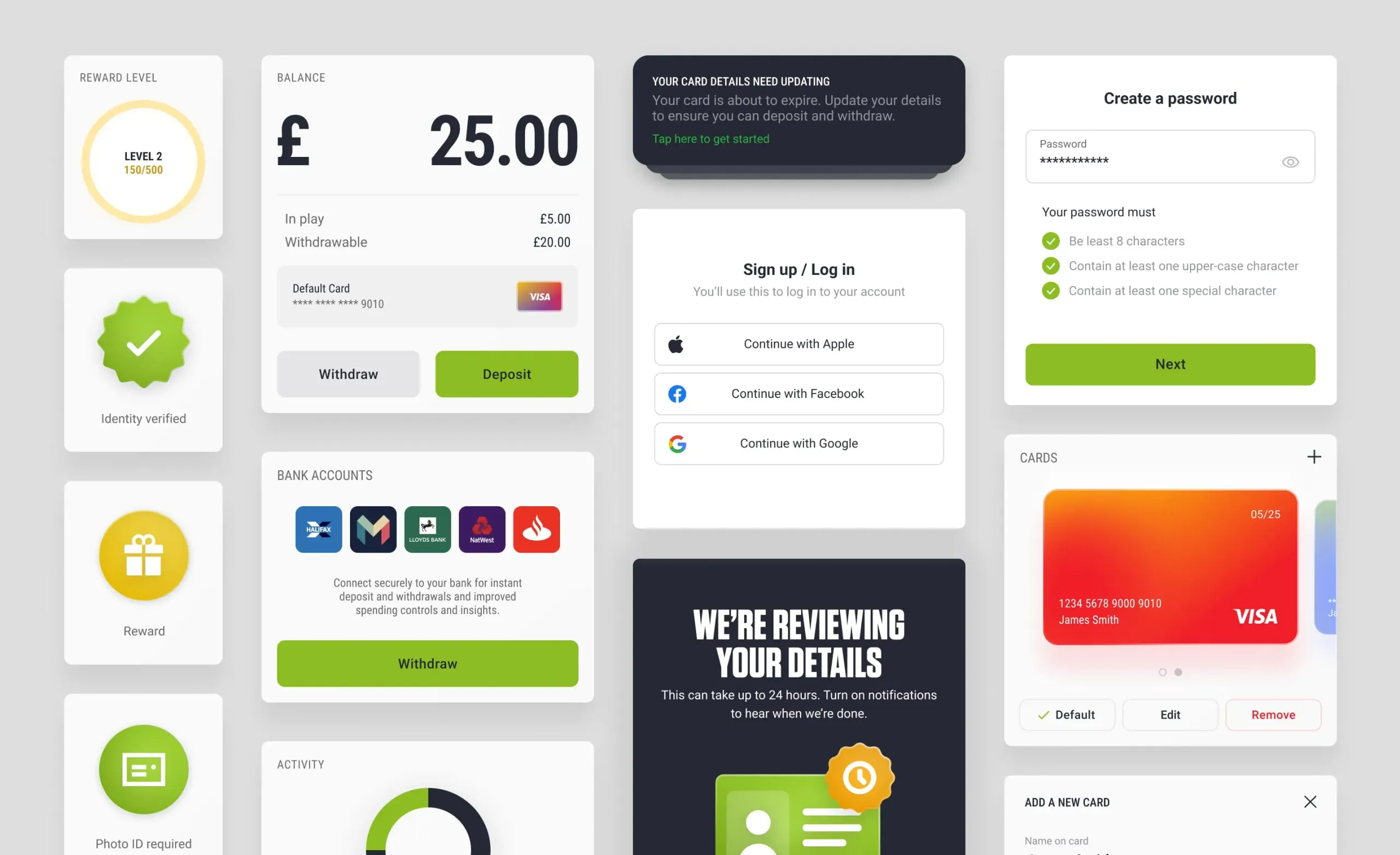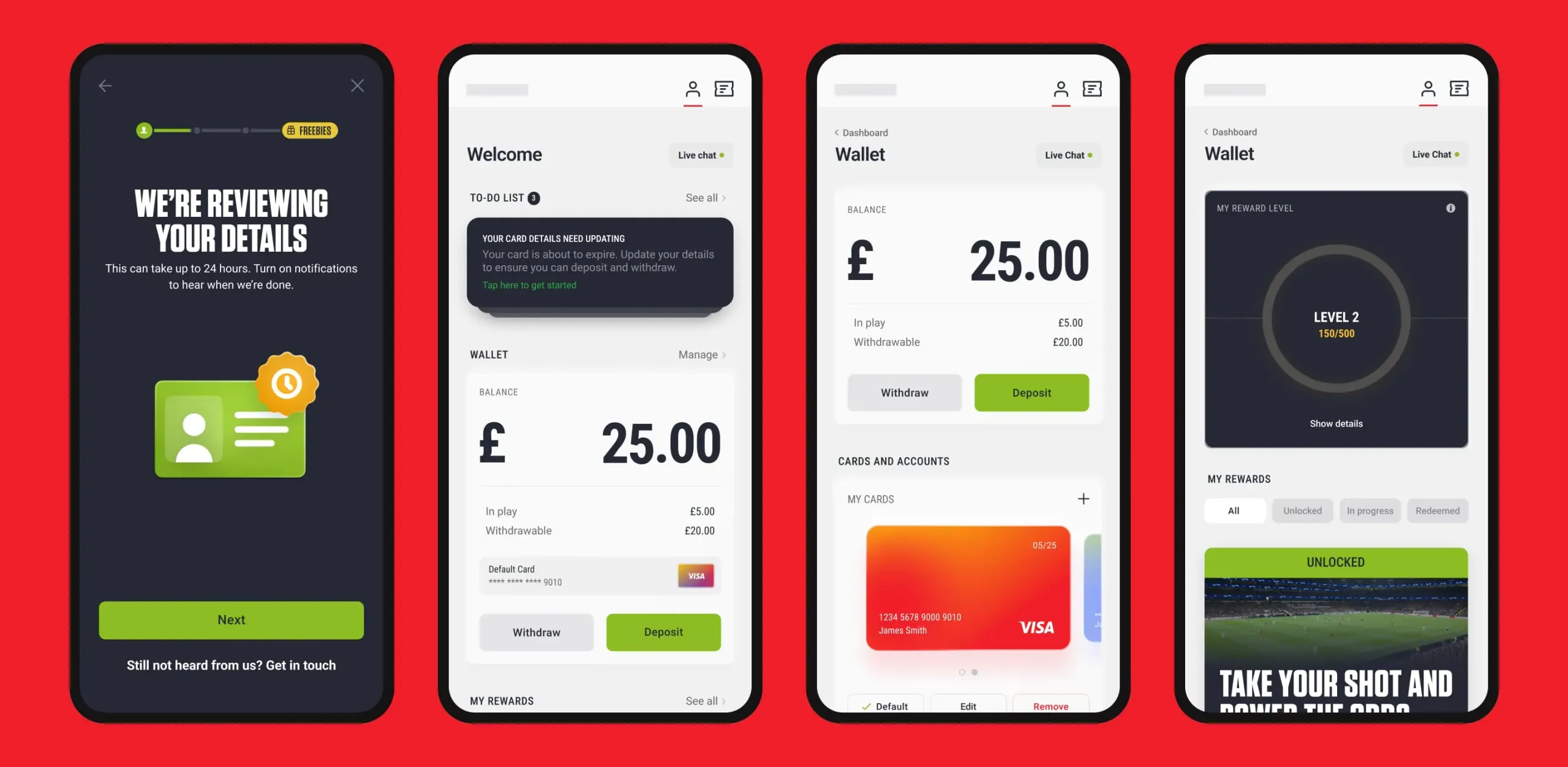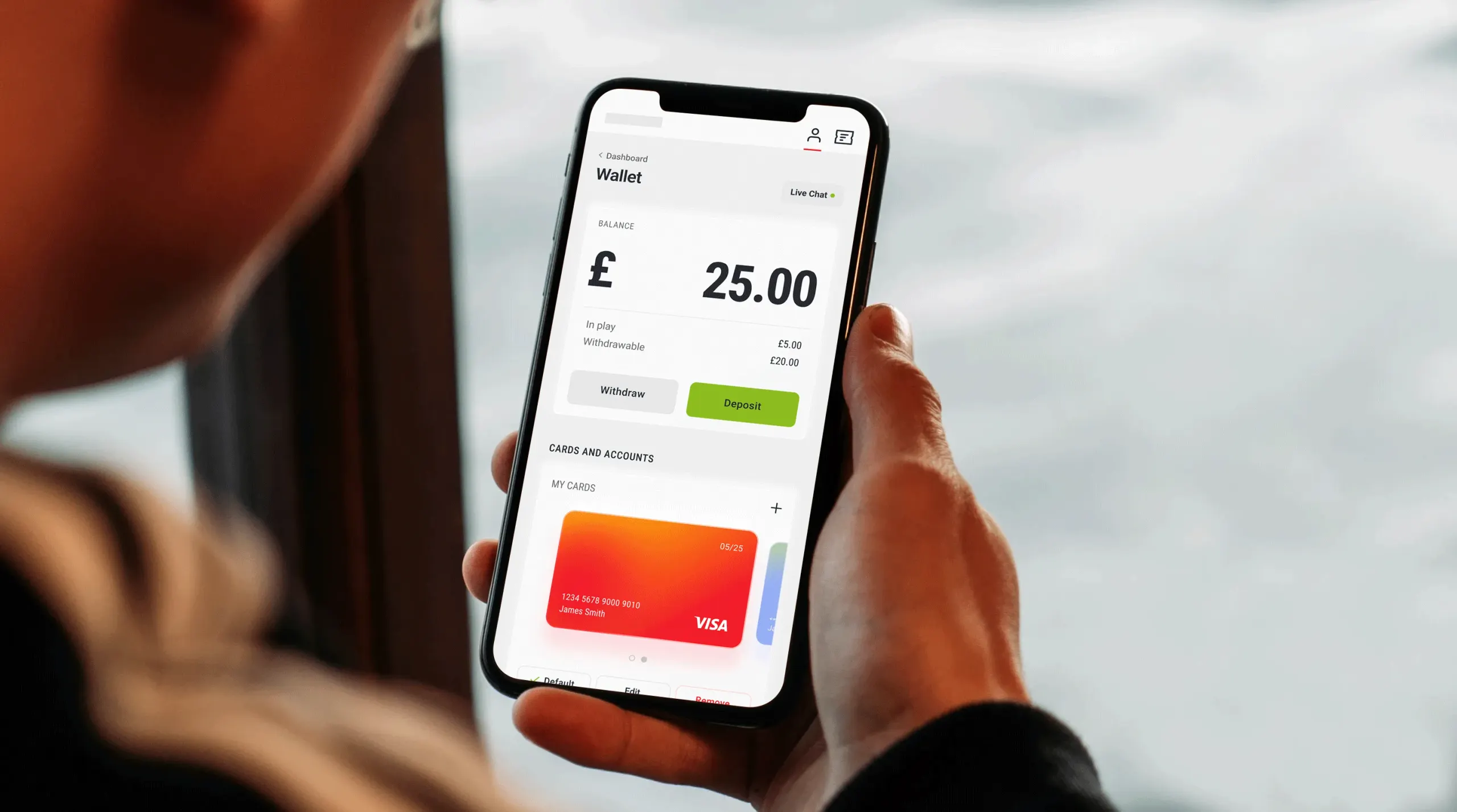Digital platforms are the enablers of the modern economy. As business professionals or individual consumers, we all typically interact with platforms many times each day.
Platforms exist in many categories, such as:
Social platforms: Facebook, Twitter, Instagram, WhatsApp, LinkedIn
Retail / shopping platforms: Amazon, eBay, PayPal
Media / entertainment platforms: YouTube, Netflix, Spotify
Device / OS platforms: Apple OS/iOS, Android, Windows
Travel platforms: Uber, TripAdvisor, Airbnb, Booking.com
Productivity platforms: Microsoft 365 / Teams, Google Workspace, Zoom
Business SaaS platforms: Salesforce, Shopify, Xero, Adobe Creative Cloud
Cloud platforms: AWS, Google Cloud, Azure
“Platformisation” is one of the biggest business and technology trends of recent years. Every forward-looking organisation today is applying some level of digital transformation to their business processes and customer offerings. But what exactly constitutes a digital business platform?
Whatever the industry, every organisation exists as part of a business ecosystem – which may include customers, employees, suppliers and partners. A digital business platform uses technology to empower and maximise value from this ecosystem. It enables the participants to provide and access products and services, share data and processes, and collaboratively expand their capabilities. According to Harvard Business Review, a successful platform exhibits three key qualities:
Connection: How easily others can plug into the platform to share and transact.
Gravity: How well the platform attracts participants, both producers and consumers.
Flow: How well the platform fosters the exchange and co-creation of value.
All organisations now need to evolve their IT environment to provide a flexible, programmatic, event-driven digital platform. This should have a service-based architecture, supporting the integration of legacy systems with new technologies, dynamic offerings, omni-channel experiences, and orchestrated actions in a business ecosystem.
Learn from our client, as a FTSE 100 company in the gaming industry, our client has grown rapidly in recent years, with the acquisition of many iconic brands. Operating in more than 20 countries across five continents, this large organisation operates complex digital products – and has ambitions to be the world-leader in its sector.

Recently, the business engaged Elsewhen to reimagine key aspects of its digital customer experience (CX), as well as creating a new multi-brand design system. We analysed the company’s priority areas of customer onboarding and payments – delivering high-fidelity digital prototypes for a new best-in-class platform.

The business was excited by the major improvements Elsewhen delivered for the customer experience of their digital platform.
They could clearly see the impact this would make to key success metrics – including increased customer satisfaction, conversions, loyalty and engagement, as well as reducing contacts to customer services.

The digital prototypes we created were taken forward by the company for further implementation. The solution was then ready for the company’s own teams to roll out easily across all their brands, languages and territories – enabling global customer experience improvements.
Highlights
Improving overall customer experience for a FTSE 100 company’s global consumer platform, across multiple brands, languages and territories.
Reimagining user journeys for customer onboarding and payments – delivering high-fidelity prototypes for web and native mobile.


